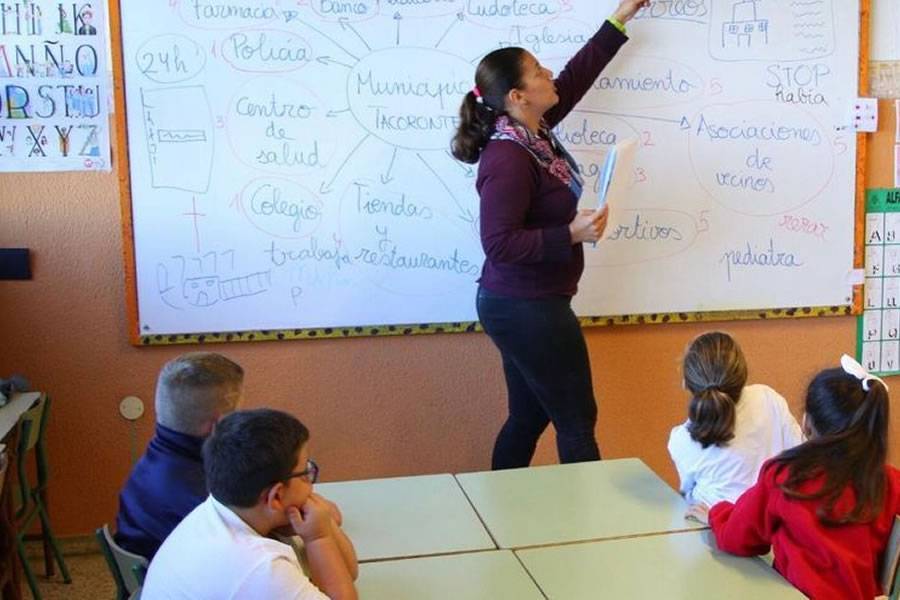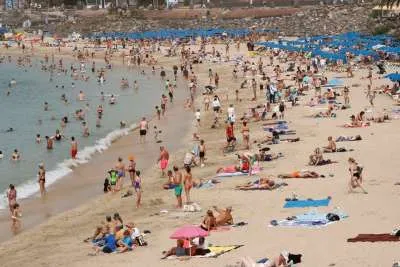Spain considering limiting school summer holidays to nine weeks
- 23-08-2022
- National
- Canarian Weekly
Spain is looking at different options on how to shorten the school summer holidays and distribute the rest periods in a more balanced way throughout the year, in line with the rest of Europe. Daniel Gabaldón, a professor at the Department of Sociology and Social Anthropology at the University of Valencia, specializes in school schedules and calendars and has made a comparative study of 32 European countries.
In Spain, the teaching load is higher, but the number of teaching days is less than the OECD average, which translates into more intense teaching hours and puts more pressure on pupils.
In addition to this, Spain is in the group of countries with the longest summer holidays. The international trend is going in the opposite direction: instead of having a long summer off, the break is being shortened and non-teaching periods are being distributed more evenly.
Cantabria, in mainland Spain, is the only region that follows the European pattern, as six years ago it decided that its students have a week off every two months. Since its implementation, the measure has generated criticism among parent organizations, but support from teachers.
"We must break the idea of assimilating school holidays with work vacations," says Gabaldón, who advocates finishing the course at the end of June and resuming classes at the beginning of September. “This would give us more reasonable summer holidays; eight or maximum nine weeks is already quite a long time”.
He adds: “Stopping school activity every seven weeks is working very well in Europe, where in most countries there is a week without school at the end of October, then two weeks at Christmas and a week in February.
“We need to get closer to the European average of school days, which will benefit the students because they have less intense days and more time to learn the subject, and it is also positive for the teachers, who have more days in which to develop their students”.
THE LONG SUMMER BREAK AFFECTS LOW-INCOME CHILDREN MORE:
Gabaldón also argues that the results from numerous OECD studies show that “the long summer break affects low-income children much more, as they tend to be locked up in apartments and watching more television than the middle and upper class who can afford for their children to do more exciting things. Also, the ‘forgetfulness effect’ is more dramatic in these children as a result of boredom.”
According to the researcher, a greater study load and, above all, a more concentrated one, does not guarantee better academic results. “We have learned from our studies that the models that work best are not the most intensive in hours, but those that adapt learning to the idiosyncrasies of the students. A 1st-grade child is not the same as a 5th-grade child. We assume that all the children of that stage have the same class hours. Why is that?“
“School has to be something interesting in which children have to enjoy, where learning is stimulated and students get hooked on knowledge. What cannot be is that we experience the school environment as something heavy and unmotivating”.
Other articles that may interest you...
Trending
Most Read Articles
Featured Videos
TributoFest: Michael Buble promo 14.02.2026
- 30-01-2026
TEAs 2025 Highlights
- 17-11-2025


























































